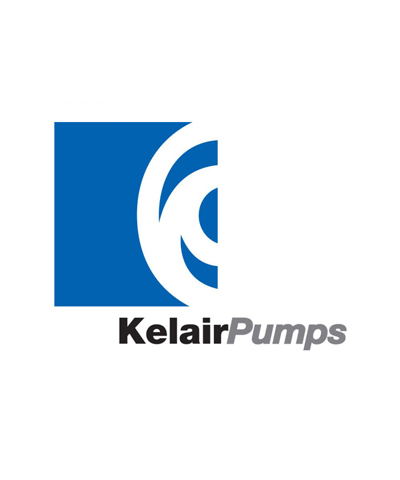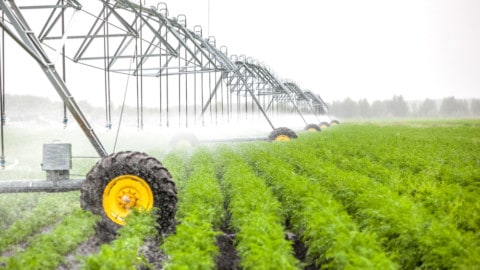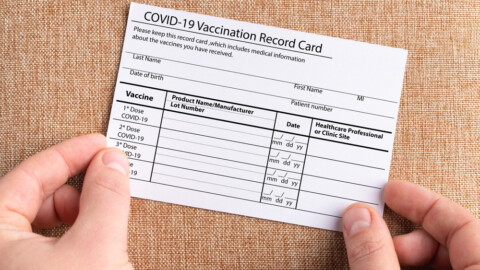Environment Protection Authority Victoria (EPA) is urging dairy farmers to pay special attention to pumps and pipes as they empty their effluent ponds as part of annual maintenance this spring.
EPA North East Regional Manager, Renee Palmer, says EPA officers around the state find too many broken sump pumps and leaky pipelines during farm inspections.
“Both the Environment Protection Act 1970 and common sense require that dairy effluent stays on the farm and out of channels, creeks and rivers. It is a valuable fertiliser, but can be a damaging pollutant,” Ms Palmer said.
“An overflowing pond can send nutrients into waterways, reducing oxygen levels, killing aquatic life, encouraging toxic algae and creating the danger of disease.
Dairy farmers can prevent effluent ponds from overflowing by irrigating the liquid component to pasture when the weather is right, de-sludging ponds, removing vegetation from tops of ponds and keeping pumps and pipes in good working order.
“Properly utilised as a fertiliser, dairy effluent can increase pasture production, so good dairy effluent management is a win for the farm as a business, and for the environment,” Ms Palmer said.
Problems with dairy effluent management are common. EPA officers who inspected 25 Gippsland dairy farms for effluent runoff in 2018, issued nine Pollution Abatement Notices (PANs), five fines and three official warnings.
PANs are legally enforceable instructions requiring maintenance or repairs to solve pollution problems by a set deadline, and the fine for non-compliance can go as high as $8,060.
“The fine isn’t the only liability, the neighbours won’t be happy if you set off an algal bloom in the water they are using for stock and irrigation,” Ms Palmer said.
EPA officers can follow an effluent spill back to its source. They will also monitor progress on the work required by any PAN to make sure the job is done, to protect the local environment and neighbouring farms.
“EPA will issue fines for non-compliance where necessary, but also supports farmers by providing advice and technical support,” Ms Palmer said.
In providing advice and technical support, EPA works alongside Agriculture Victoria and Dairy Australia to provide practical advice and resources.
Guidelines on effective effluent management on dairy farms can be found by visiting
www.epa.vic.gov.au/business-and-industry/guidelines/water-guidance/dairy-farms-and-water

















